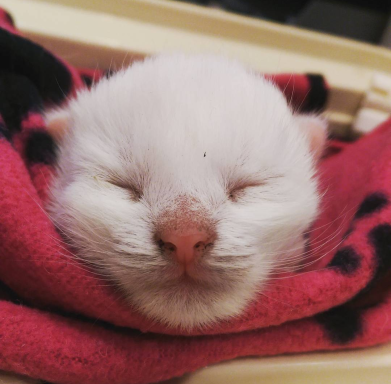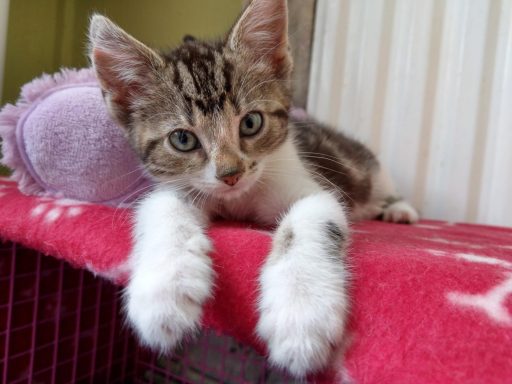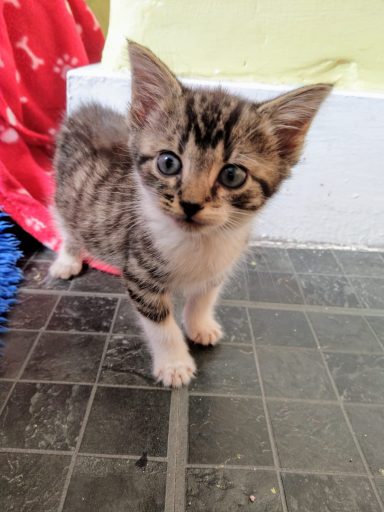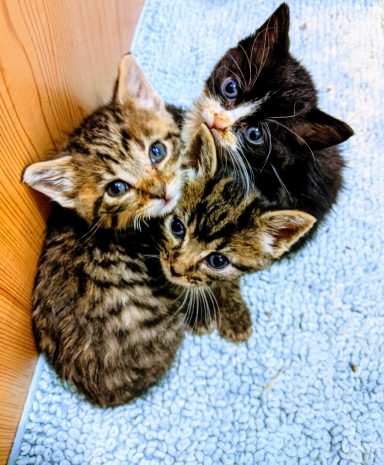Neutering
From around the age of 4 months, kittens reach sexual maturity and are therefore capable of breeding and producing kittens themselves.
When nature is allowed to take its course, one unspayed female cat and her offspring can produce 420,000 kittens in just seven years.
Our neutering facilities are based in a unique medical setting in North London.
Neutering your cat is a relatively short procedure and is performed under general anesthesia by one of our Veterinary Surgeons.
Supported by Registered Veterinary Nurses, they will monitor your cat using special monitoring equipment to check:
Heart Rate, Pulse rate, Sp02, ECG, temperature and blood pressure throughout and in recovery.
You will receive discharge information following the surgery and pain medication as appropriate.
If our vet feels additional medication is required, this and costs will be discussed with you.
Pricing:
Pick up and home transport service £40
Spay £110
Castration £80
Cryptorchid (retained) inguinal Castration £90
Cryptorchid (retained) abdominal Castration plus supportive fluid therapy £230
Pregnant Spay plus supportive fluid therapy £230
Why we neuter:
Castration in the male (removal of the testes), and spaying the female (removal of the ovaries and uterus) not only prevents unwanted pregnancies but also reduces unwanted behaviours associated with sexual maturity and the risk of certain diseases.
Welfare issues:
Unwanted kittens may not be cared for and are likely to suffer from various infectious diseases such as cat ‘flu or worse. There are unlikely to be enough new homes available for them.
Unfortunately, rescue centre's up and down the UK are "full to bursting" with unwanted animals as more animals come into care than are being adopted. Neutering will help curb these numbers.
Females:
* Female cats which are not neutered are more likely to suffer from pyometra (infection of the womb) later in life and with mammary tumours. Queens with infectious diseases may pass these on to their kittens. Pregnancy and birth are also not without risk.
* It is important to neuter a female cat before she can have kittens herself. This happens very quickly depending on breed, time of year born and individual development. The first season usually occurs around six months but can be earlier.
Queens can have up to three litters in a year.
* Neutering reduces the risk of tumours and certain cancers, for example mammary cancer (which is over 90% less likely if cats are spayed before six months old).
Males:
* Fighting males are much more likely to spread diseases such as FIV and FeLV to other cats. They are also likely to suffer from fight injuries such as abscesses.
* Unneutered male cats will wander from home and may not return. They may also spray inside the home and may be aggressive to their owners. Therefore it is desirable to neuter kittens early enough to ensure that the above problems are prevented
Kittens and cats usually recover from the neutering operation remarkably quickly. They may be a little drowsy for a few hours, but by the next day, they are usually very lively again. It is sensible to try to keep your kitten fairly quiet for a day or two to allow the internal wounds some time to heal.
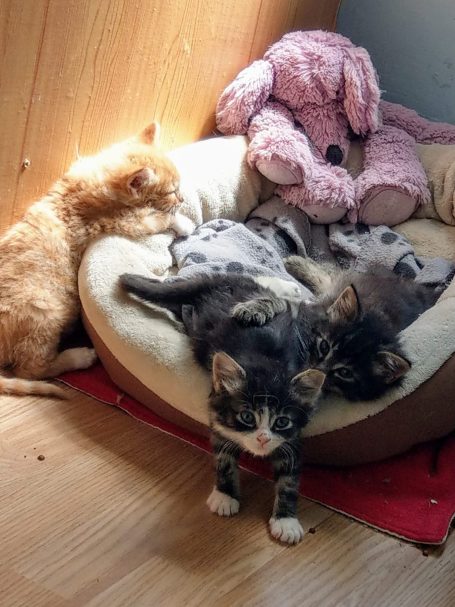
Contact us for enquiries & bookings
Our team will arrange a pick up and estimated home time with you prior to the appointment.
Please ensure your cat is indoors prior to our arrival.
Full pre-operative information will be sent to upon booking.

